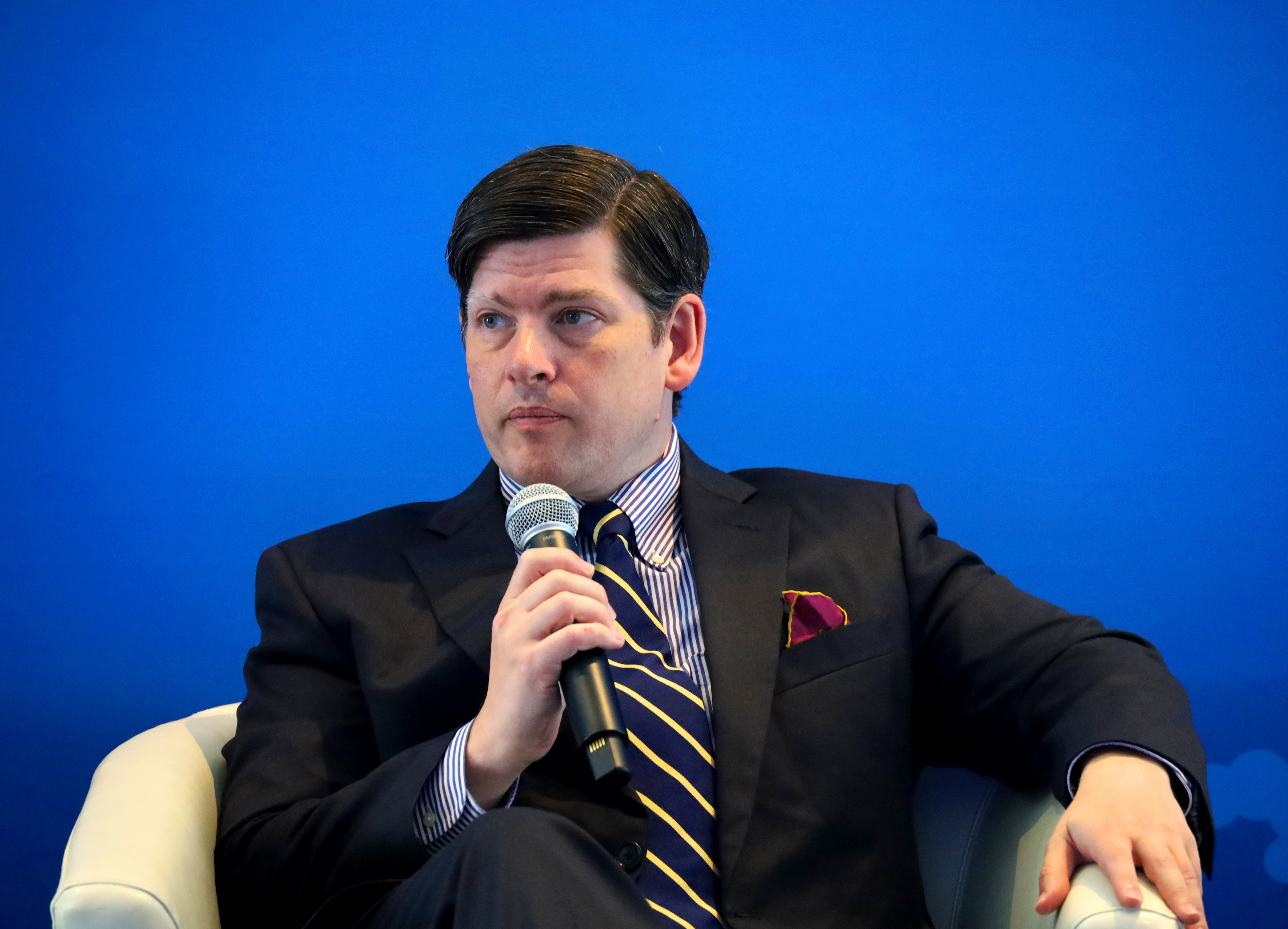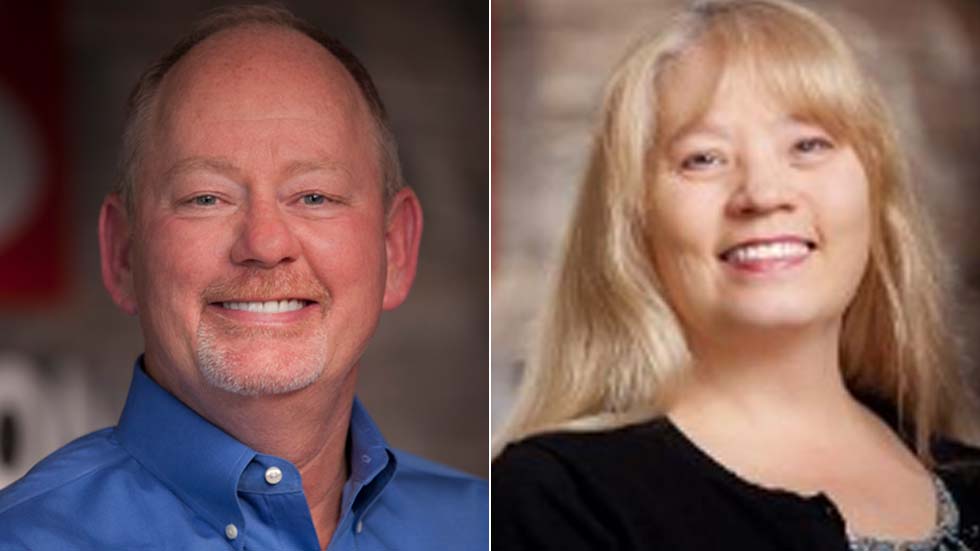FCC’s Simington Blasts “Big Tech-Funded Hysteria” on Net Neutrality
Commissioner Simington would like “light touch” rules that prevent abuses by both big tech and ISPs

WASHINGTON, D.C.—A second Republican appointed FCC commissioner has expressed doubts about the new FCC proposal to revive net neutrality rules by reclassifying broadband as a Title II service.
In a statement Commissioner Nathan Simington noted that "it has now been nearly six years since we repealed the net neutrality rules, and as far as I know, no one has died yet, nor have any other of the solemnly predicted catastrophes come to pass."
Simington also joined Commissioner Brendan Carr in expressing some doubts about the use of Title II to rein in potential abuses by ISPs but focused much of his attention on big tech companies who would profit from the revival of net neutrality rules.
These big tech companies have funded “an obsession” with net neutrality that obscured the real issue, which is an attempt by big tech “to monopolize…the internet economy” and make sure “they and only they are allowed to reap the massive profits of the internet ecosystem," Simington said in a statement.
The misleading net neutrality debate around “free speech was just the public front for what was really a campaign of industrial lawfare,” by big tech and large streaming companies, he argued.
“Net neutrality has become an obsession,” Simington wrote. “Big Tech-funded hysteria turned this weedy competition law debate into a cause célèbre and the FCC’s best known policy issue. In their original push, net neutrality activists portrayed it as the free speech battle of our time, as the only way to prevent greedy ISPs from making deals in smoke-filled rooms to censor the internet. Of course, it was never really about free speech for Big Tech companies. To them, Title II net neutrality was about making sure that they, and only they, were allowed to reap the massive profits of the internet ecosystem, an ecosystem that could not exist without the hundreds of billions of dollars invested in deploying broadband over the decades. Unhappy with merely monopolizing various sectors of the internet economy, the Big Tech giants needed to make sure that no one above or below them in the supply chain could earn a fair share of those massive profits. That meant getting the FCC to take all leverage and ability to innovate away from the ISPs, just like it meant anticompetitive practices in other areas, like illegally colluding to keep employee salaries low.”
In the statement, Simington stressed that net neutrality rules prevent ISPs from being able to charge big tech companies and other “large originators of traffic, like streaming platforms, any transit fees, the desirability of which is a question of pure economics, not free speech. Second, it makes any attempt by ISPs to use their immense infrastructure to provide enhanced services, like edge computing that could compete with Big Tech cloud services, legally suspect and therefore less likely to be undertaken. And third, Title II casts a long shadow on ISPs, with the ever-present possibility of rate regulation stifling investment and innovation, eliminating ISPs as players who can compete for a bigger share of the digital economy. Free speech was just the public front for what was really a campaign of industrial lawfare.”
The professional video industry's #1 source for news, trends and product and tech information. Sign up below.
“It has now been nearly six years since we repealed the net neutrality rules, and as far as I know, no one has died yet, nor have any other of the solemnly predicted catastrophes come to pass,” Simington concluded. “But what has happened is a dramatic and alarming increase in political censorship—not by ISPs, who have been conspicuous so far in their neutrality—but by social media platforms. The leaders of Big Tech companies have anointed themselves the arbiters of which ideas are allowed to be expressed and which are not. These companies are, without a doubt, the biggest threat against freedom of speech that our country has faced in decades.”
“I’m not surprised that some of my colleagues, moved by the hyperbole of previous net neutrality debates, feel that they have no choice but to reimpose Title II net neutrality rules, but I am disappointed that they have shown no interest whatsoever in bringing some of those same net neutrality principles to Big Tech platforms, whose control of internet infrastructure and the digital economy is in fact much greater than that of ISPs and who have a much greater demonstrated willingness to abuse it,” he wrote.
“There are [a] lot of questions, such as whether Title II is the appropriate vehicle for one or both or neither, and whether Congressional action would be preferable,” he concluded. “But what I would like to see, through whatever approach is best, is light-touch rules that prevent any dominant corporation, whether ISP or Big Tech, from abusing its market position to engage either in censorship or in anticompetitive practices.”
George Winslow is the senior content producer for TV Tech. He has written about the television, media and technology industries for nearly 30 years for such publications as Broadcasting & Cable, Multichannel News and TV Tech. Over the years, he has edited a number of magazines, including Multichannel News International and World Screen, and moderated panels at such major industry events as NAB and MIP TV. He has published two books and dozens of encyclopedia articles on such subjects as the media, New York City history and economics.

